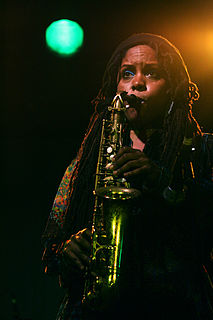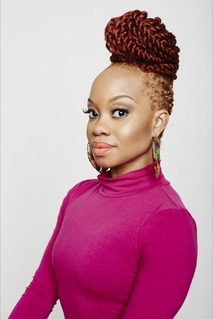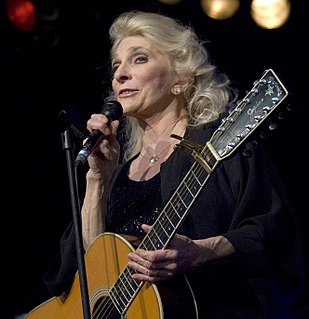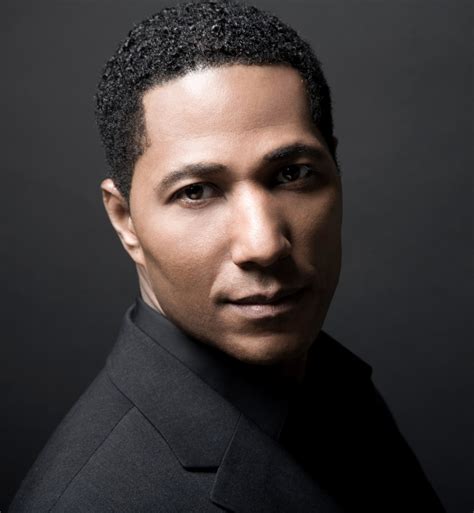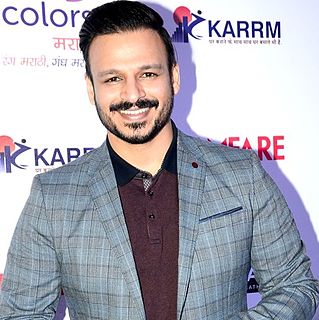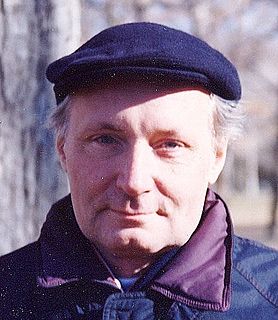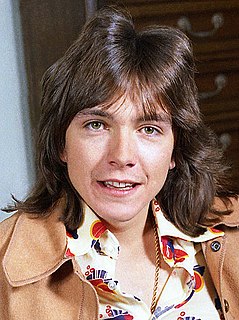A Quote by Rupi Kaur
There was no market for poetry about trauma, abuse, loss, love, and healing through the lens of a Punjabi-Sikh immigrant woman.
Related Quotes
I think I was always informally thinking about choice from when I was a very young child because I was born to Sikh immigrant parents, so I was constantly going back and forth between a Sikh household and an American outside world, so I was going back and forth between a very traditional Sikh home in which you had to follow the Five K's.
I'm educating myself more about world poetry. I know a lot about contemporary American poetry, so I felt I needed to learn more about figures like Borges, Akhmatova, Neruda, etc. I felt I needed a bigger lens to see poetry through. It really helps to see poetry as a world language, and not just something American.
I think it's important for people to understand that dance, movement, choreography is about an experience and entertainment but it's also about perception and a lens. So when we're talking about a Black female's experience through a Black female's lens, that's going to be totally different from a Black female's perspective through a Black male's lens.
If you want to change people by talking about God, then there is only one way: instead of teaching God, you must live God. Because: "teaching" God is unthinkable in any other way than the way you would teach love or poetry. You teach love only through love, poetry only through writing poetry, faith in God only through a contagious way of trusting.
When you go through hell, your own personal hell, and you have lost - loss of fame, loss of money, loss of career, loss of family, loss of love, loss of your own identity that I experienced in my own life - and you've been able to face the demons that have haunted you... I appreciate everything that I have.



